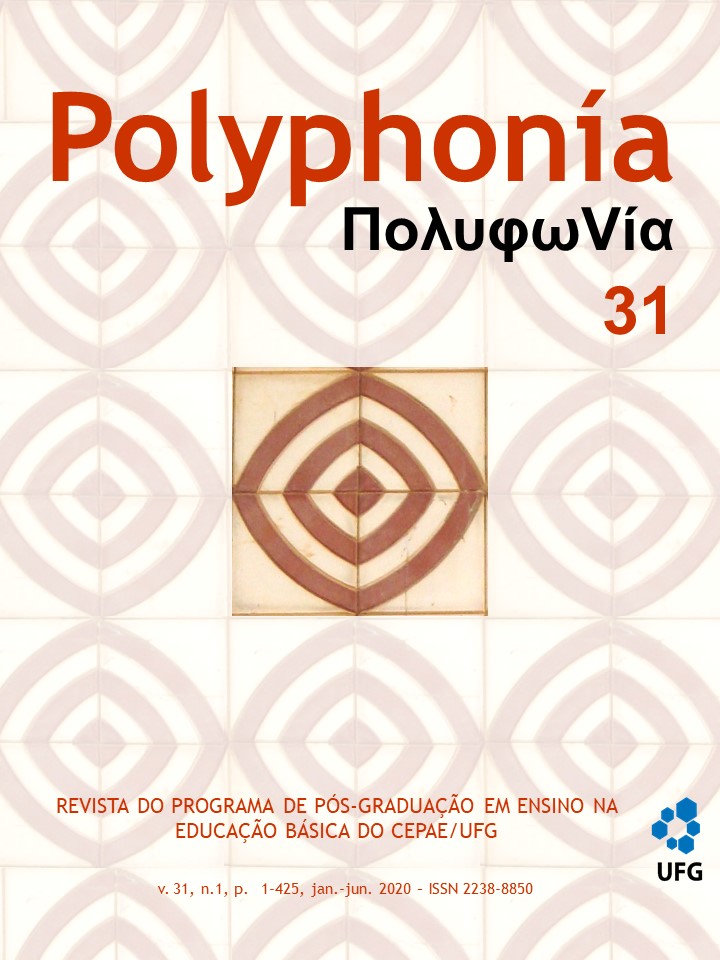Educação, sustentabilidade e justiça social: uma análise epistemológica do pensamento de Hans Jonas e Edgar Morin
DOI:
https://doi.org/10.5216/rp.v31i1.66944Abstract
This essay article chooses the educational process as an object of study in a perspective that articulates the principle of responsibility ethics and the principle of complexity. In this context, the main objective of this text is to reflect on the articulation of the ideas of two thinkers - Hans Jonas and Edgar Morin - that are basic to an education that seeks to promote the effective transformation of the ways of thinking and acting of the subject-citizens. Thus, from a theoretical reflection, this work questions the utilitarian view prevalent in the political and social order of the modern world, which attributes to the school the role of teaching content at the expense of training for a healthy and ethical life in society. Methodologically, this article presents an overview of Hans Jonas' principle of responsibility and an explanation that includes two knowledge necessary for human life proposed by Edgar Morin: teaching the understanding and ethics of mankind. Based on these principles, a propositional reflection is developed, in which the position that education constitutes an integral process of human formation is defended since each human being needs to build his / her way of life, based on the ethical commitment to nature, the responsibility for their actions and the understanding of the potential of promoting social justice by each citizen.Downloads
Download data is not yet available.
Downloads
Published
2020-12-08
How to Cite
FERREIRA, Helena Maria; BONIN, Joel Cezar; CARREÑO-SAUCEDO, Leticia. Educação, sustentabilidade e justiça social: uma análise epistemológica do pensamento de Hans Jonas e Edgar Morin. Revista Polyphonía, Goiânia, v. 31, n. 1, p. 15–34, 2020. DOI: 10.5216/rp.v31i1.66944. Disponível em: https://revistas.ufg.br/sv/article/view/66944. Acesso em: 11 feb. 2026.
Issue
Section
Dossiê Escola, Complexidade e Justiça Social
License
Política de direitos autorais (acesso livre). Autores que publicam nesta revista concordam com os seguintes termos: Autores mantém os direitos autorais e concedem à Revista Polyphonía o direito de primeira publicação, com o trabalho simultaneamente licenciado sob a Creative Commons Attribution License que permitindo o compartilhamento do trabalho com reconhecimento da autoria do trabalho e publicação inicial nesta revista.
Autores têm autorização para assumir contratos adicionais separadamente, para distribuição não-exclusiva da versão do trabalho publicada nesta revista (ex.: publicar em repositório institucional ou como capítulo de livro), com reconhecimento de autoria e publicação inicial nesta revista.
Autores têm permissão e são estimulados a publicar e distribuir seu trabalho online (ex.: em repositórios institucionais ou na sua página pessoal) a qualquer ponto antes ou durante o processo editorial, já que isso pode gerar alterações produtivas, bem como aumentar o impacto e a citação do trabalho publicado (Veja O Efeito do Acesso Livre).


